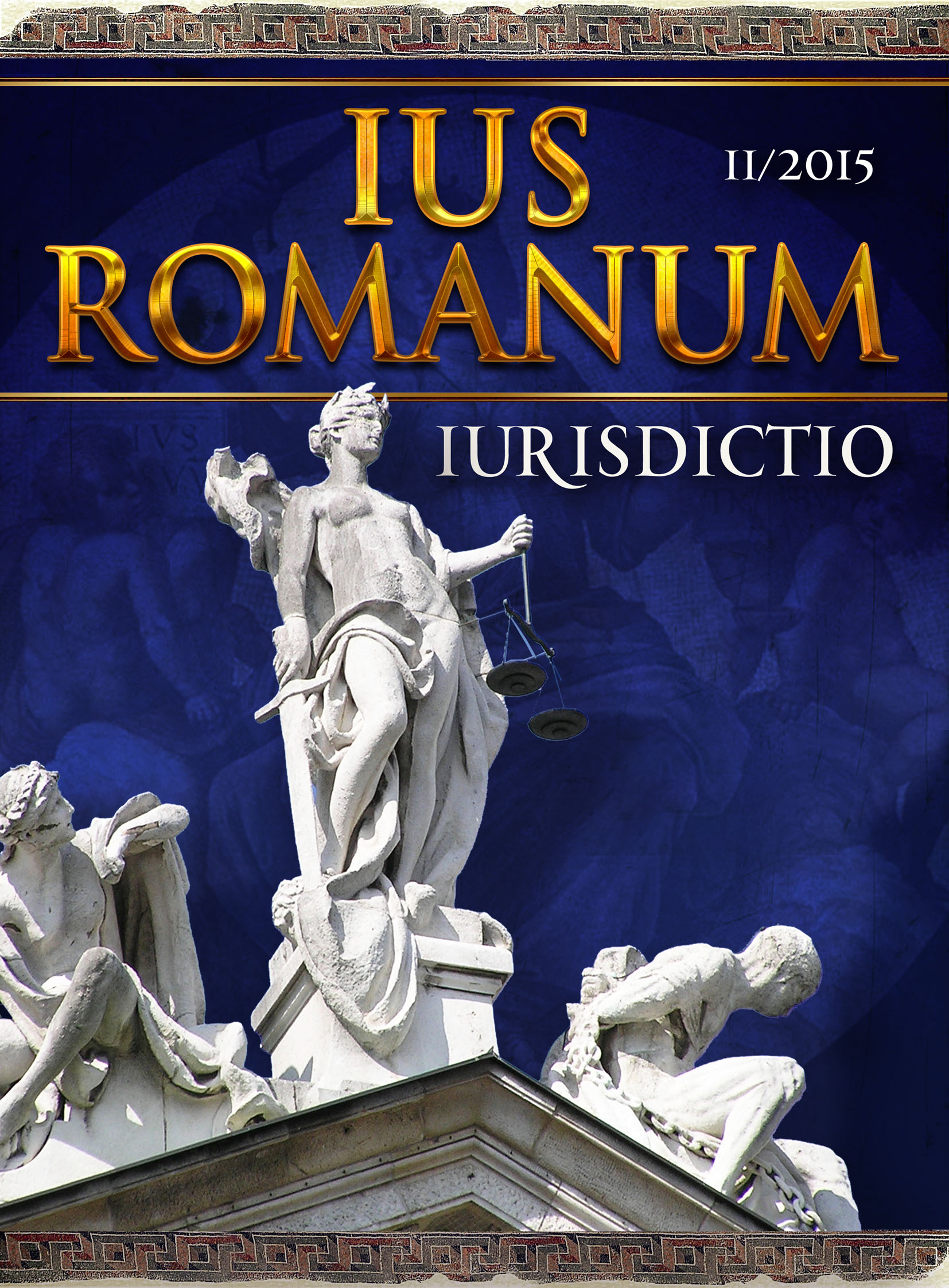ПО НЯКОИ ВЪПРОСИ, СВЪРЗАНИ С РЕШАВАНЕТО НА ДЕЛАТА ПО ЖАЛБИ СРЕЩУ РЕВИЗИОННИ АКТОВЕ ОТ ПЪРВОИНСТАНЦИОННИЯ АДМИНИСТРАТИВЕН СЪД КАТО ИНСТАНЦИЯ ПО СЪЩЕСТВО
SOME MATTERS RELATING TO THE COMPETENCE OF THE FIRST-INSTANCE ADMINISTRATIVE COURT AS INSTANCE COMPETENT TO RESOLVE THE SUBSTANCE OF THE DISPUTE IN THE PROCEEDINGS FOR OBJECTING TO REVISION DEEDS
Author(s): Evelina DimitrovaSubject(s): Law, Constitution, Jurisprudence, Law on Economics, EU-Legislation
Published by: Софийски университет »Св. Климент Охридски«
Keywords: revision deed; instance competent to rule on the substance of the dispute; null and void revision deed
Summary/Abstract: The article reflects on matters relating to the competence of the first-instance administrative court as instance competent to resolve the substance of the dispute in the proceedings for objecting to revision deeds. As a summary of the research a conclusion has been drawn that as an instance competent to rule on the substance of the dispute, the administrative court is capable of: repealing in full the revision deed, when the latter does not comply simultaneously to all conditions for validity, contemplated under Art. 160, para. 2 of the Tax and Social Security Procedure Code (TSSPC), but however is not null and void. This will form a repealing court resolution. With the second part of the court resolution, the court as an instance competent to rule on the substance of the dispute, shall determine the type, the grounds and the amount of the tax or social security public receivable. In these cases the court, on the rule of the provision of Art. 160, para. 5 of the TSSPC, cannot amend the deed to the detriment of the appellant; to partially repeal the revision deed in its substantive part, which contradicts the law. In his hypothesis there is no ruling by the court on the substance of the dispute and the public receivables are determined by the part of the revision deed that has been left in effect; to amend the revision deed, which would require a change in the legal grounds or to dismiss the appeal, by which it will validate the effect of the revision deed by which the stated facts and circumstances will be reshaped or by which the court will confirm the introduced new tax objects, as well as their size with respect to the addressee.
Journal: IUS ROMANUM
- Issue Year: 2015
- Issue No: 2
- Page Range: 899-916
- Page Count: 18
- Language: Bulgarian

